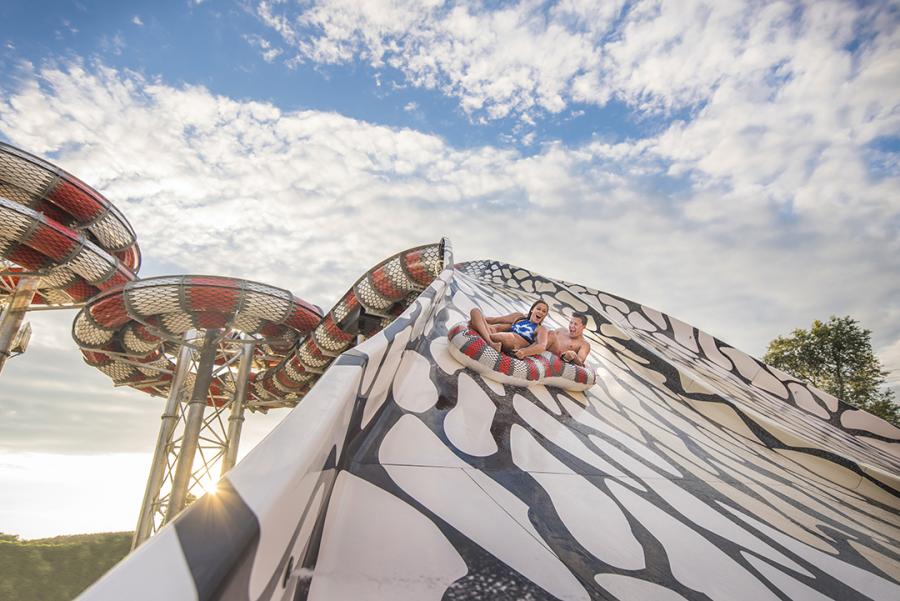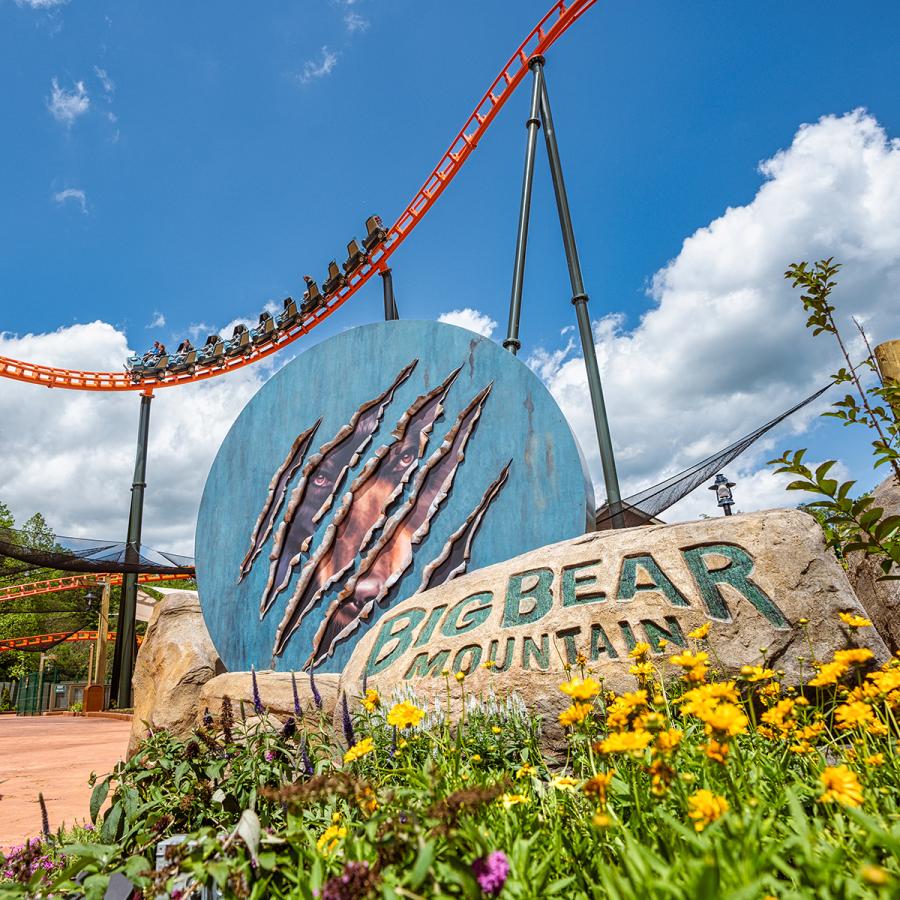Generating ticket sales and turnstile clicks doesn’t just come naturally with the opening of a park or attraction. Getting the word out is critical, but special offers and discount promotions can play important roles as well. Issuing these offers helps drive demand during anticipated slow periods as well as address market conditions and other unanticipated challenges.
According to Suzanne Pforodresher, vice president of marketing for Palace Entertainment, the park chain puts together a structural pricing plan along with a baseline promotional program targeting events such as the Fourth of July, Halloween, and others during the operating season. The promotions are based on successful campaigns from previous years, as well as lessons learned from sister parks throughout the larger Parques Reunidos chain.
“We plan—and then the season happens,” Pforodresher says, referring to unexpected issues such as long stretches of inclement weather. “Our business is so concentrated in the summer; we really have to react quickly.”
That’s why Palace has a series of contingency offers it can deploy if necessary. Noah’s Ark in Wisconsin Dells, Wisconsin, for example, rolled out an “Eat Free” promotion in which guests can purchase a discounted single-day ticket to the water park that includes a free meal. It worked so well, the company decided to offer similar deals at three of its other parks: Raging Waters Los Angeles as well as Idlewild and Dutch Wonderland, both in Pennsylvania.
It’s not about offering the lowest price, Pforodresher emphasizes. Rather, it’s about presenting the strongest value. It’s also about making a splash that will resonate with potential guests.
“‘Eat Free’ is a great hook,” she says. “It’s a strong buying proposition.” Other catchy offers that have worked well for Palace include “Buy One, Get One for 50% Off” and “Save $X When You Buy Two.”
Pete Owens, vice president of marketing and public relations for The Dollywood Company, agrees that special offers need to include compelling deals to spur sales. Among the surefire evergreen promotions that have driven buys for the Tennessee park is “Everybody Pays Kids Prices.” With one on-property hotel and another on the way, Dollywood also frequently offers “Stay and Play” deals that bundle lodging with complimentary theme park tickets, water park tickets, or TimeSaver line management passes.
“These are value-adds to a stay and are very effective for us,” says Owens. “It’s an awareness promotion that allows us to offer the hotel without reducing our ADR [average daily rate] on the rooms themselves.”
Dollywood often works together with media partners such as Chick-fil-A, which has imprinted coupons on bag stuffers and beverage cups to promote offers during slower attendance periods. The park also has developed sweepstakes tied to ride openings, such as a promotion with Little Debbie that featured its 2023 coaster, Big Bear Mountain.
Whatever the deal may be, it’s important to trumpet it through every available channel, including media briefs, the park’s own website, social media, email marketing, and paid media. Owens says that radio has been especially effective for Dollywood.
It’s also critical to analyze data and metrics to gauge a deal’s effectiveness and fine tune it if necessary. Palace, for example, will test two different subject lines for its email campaigns. One might highlight “Eat Free,” while a second could promote “Save $100.” The one that performs better could then inform the rollout of the rest of the campaign, as well as the deployment of the promotion at other parks.
Along with the science, there can also be an art to developing deals and offers. Owens says Dollywood tries to stay agile and has developed promotions on the fly when partners have approached the park.
Palace’s Pforodresher concurs. “We’re very data driven,” she says. “But every now and again, we’ll take a leap of faith.”


